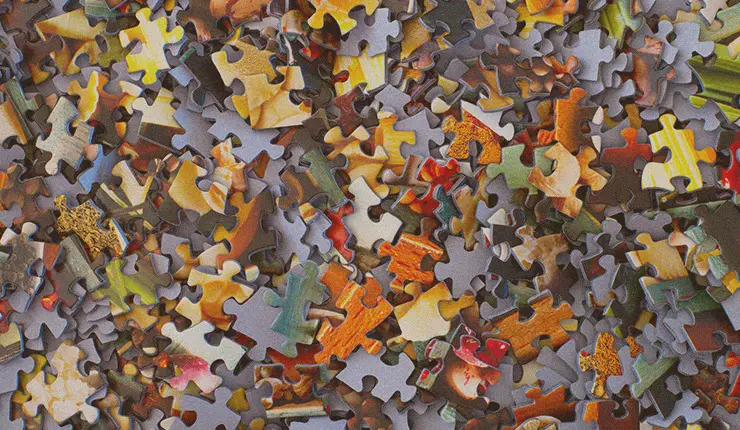No matter how cerebral and egg-headed humans can be, no matter how interested in concepts and theories, no matter how seemingly robotic—at root, emotions are us. Think of any friend. Who are they? How would you recognize them even if they were physically disguised?
“Tell me about yourself?”
“Well, I’m thirty-something. I work for a small business.”
“Any hobbies?”
“Yes, chess.”
“Tell me about chess.”
“Chess is amazing, I love it. It is war. It is intrigue. It is getting to know the mind of the enemy. It is about the beauty of an elegant move for which there is no response . . . .
“Gotcha! I know who you are now.”
You know people by their passions, by what excites them.
When People’s Emotions Change
But what if you know somebody well and then a profound change takes place in their emotional profile. This is what happens with brain injuries. The most dire consequence for families is not the financial strain or added duties around the house. No. The real problem is this: “He is not my husband anymore.” Or worse, you will hear a spouse say, “He died in that accident,” while the brain-injured person is watching TV fifteen feet away. What the wife means is, “My husband was interested in so many things—he loved to do so much, he took great pleasure in life—now he responds no differently to a random child in the street than he does to his own granddaughter. He has no apparent emotions; he doesn’t seem human.”
Now consider a different kind of change—the world of unruly emotions. Depression, for example, is when we feel down regardless of how much we prod those down feelings with good things. Mania is when we are artificially up. In that state we love everything, and wanting more of what we love, we might spend money recklessly. But those thirty penguin figurines are meaningless when emotions return to a more normal range.
At both ends of the emotional continuum—down and up—friends and family have a sense that an alien has abducted their loved one. The normal passions are no longer there, so the person is no longer there.
Now add dementia, or the emotions that come with drug abuse, or the less extreme emotional changes that can come with PMS or extreme fatigue. Acute or temporary conditions leave us wondering, “What’s wrong with that person?” Chronic conditions leave us wondering if we will ever see the old dad or the real wife again.
Loving a Stranger
My point is that our emotions and our identity are more closely linked than we realize. When someone’s emotional profile has been altered, the person is no longer moved by things that were once loved, or is now moved by things that before had no significance. The family is left with a stranger. You can love a stranger, but you miss the person you used to love.
All this leads to the question: what makes a person a person? To put it more theologically: what does it mean that we are created in God’s image? Our emotions—our loves, fears and loathings—are part of what it means to be human, but there is more. To be human means that we bear a resemblance to the Creator God. You can find something good, something that reflects the glory of the Father, in every person. Sometimes you will see loves and loathings that are in sync with God’s passions. Other times you will see something subtler such as a smile in response to a loved one coming into a room, or a person coming alive when praying or hearing an old hymn.
We are our emotions. There is truth in that. As a result, we can grow in compassion for families in which a loved one has become a different person emotionally. This can be so painful for families. Yet there is more to a person, and alert families can usually find it.




